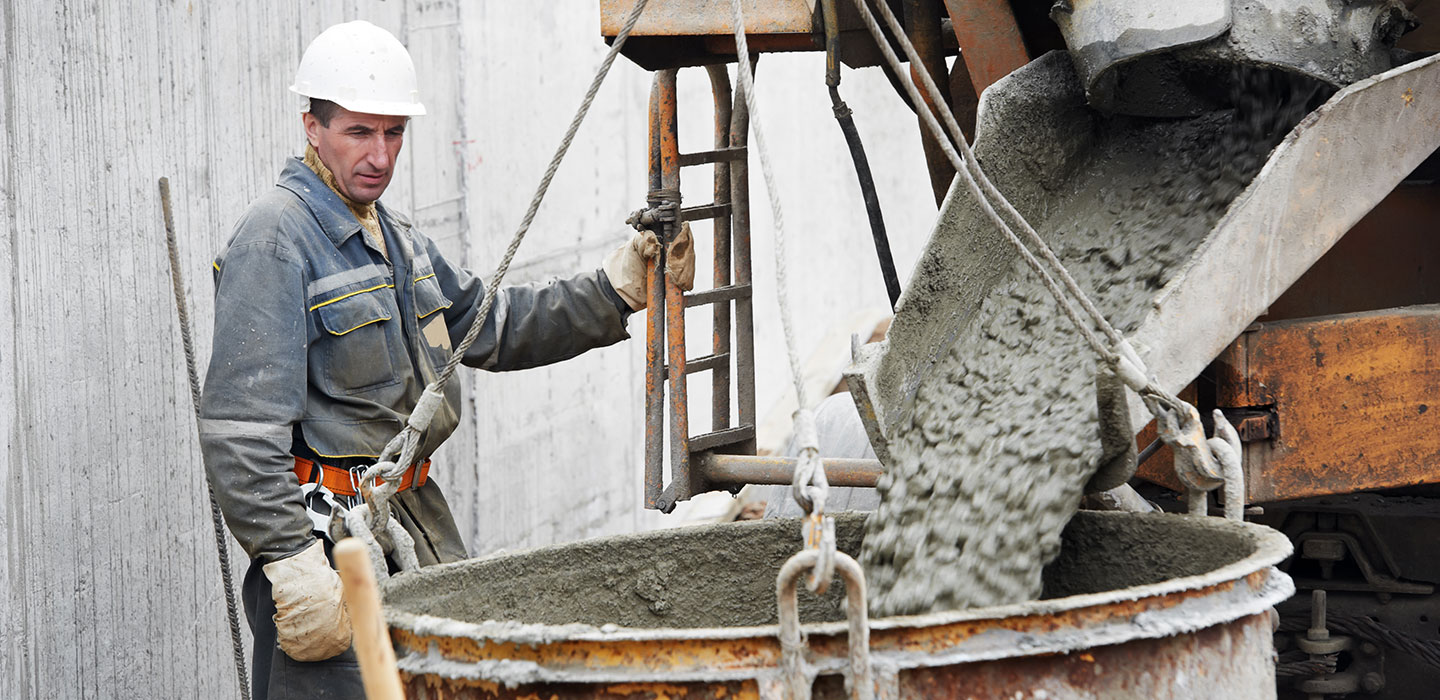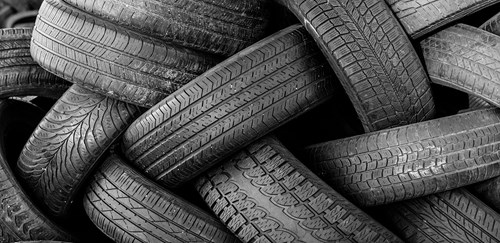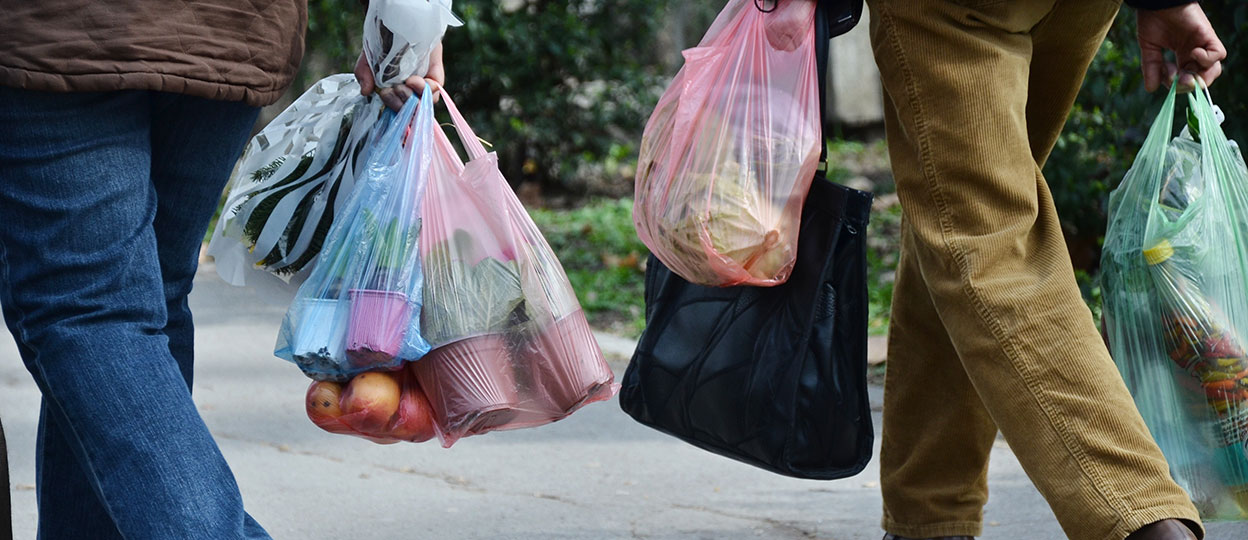There has been much made by the Government of the upcoming Resources and Waste Strategy, with all avenues for improving the UK’s environmental performance being explored including Extended Producer Responsibility.
Many of the headlines have focused on plastic packaging, however, much less well known are the options being explored to implement Extended Producer Responsibility for other products and materials.
Currently, only producers of packaging, electricals, batteries and vehicles are responsible for end-of-life waste management costs. However, the combination of reduced recycling budgets for local authorities, coupled with increased consumer pressure on businesses, might lead the Government to believe Extended Producer Responsibility is the stone to kill these two troublesome birds with.
Some products that we know are under consideration look particularly specific, being small in volume and unfeasible to collect for recycling (for example, balloons and lanterns). Others are just as specific but seem to be causing genuine environmental harm (think fishing nets).
As other countries have chosen to introduce further regulations to help finance waste management infrastructure, particularly in the EU, it seems logical that the UK should consider it too.
Extended Producer Responsibility candidates
Here are some of the candidates that we know could be under consideration to be included in the soon to be released strategy by Defra:
Mattresses (plus/or clothes, textiles, carpets and furniture)

Due to the size of a mattress, they are often problematic to collect and due to their material make-up, they are difficult to recycle. Mattresses seem like an ideal candidate for Extended Producer Responsibility. However, it does lead to the question of how to define them… for example would it include sofa beds?
The Environmental Audit Committee have also been very interested in the environmental and social impact of the fashion industry, having recently opened a new inquiry into the subject. With the prevalence of microplastics from clothes washing and the fly-tipping of furniture a concern, there may be potential for a system of responsibility that categorises by product type, like the current WEEE regulations.
I applaud the National Bed Federation’s efforts in this area but fear good regulation is needed to ensure there are no companies hitching a free ride by not supporting the voluntary commitment.
Absorbent hygiene products
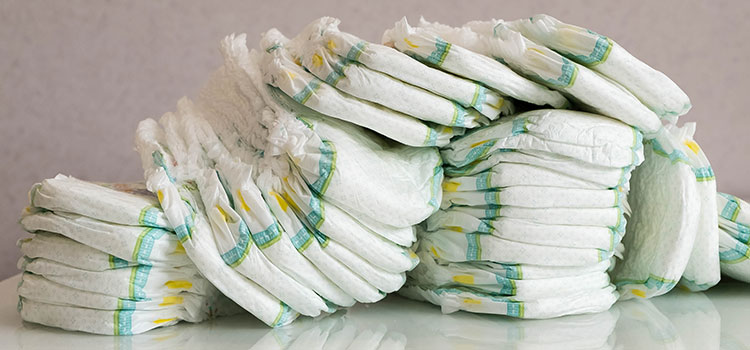
Not something that people like to talk about, but nappies, continence care and feminine care products do not have an effective waste management solution. Proctor and Gamble have built infrastructure in Italy that can recycle single-use nappies, while UK incineration schemes are struggling to gain widespread adoption. However, the politics look particularly complicated with the “tampon tax” being the subject of debate in recent years.
Extended Producer Responsibility could mean cost increases that target the elderly, young families and women. Although, the UK needs a better waste management solution, it is hard to envisage the Government proactively taking action.
Fishing equipment
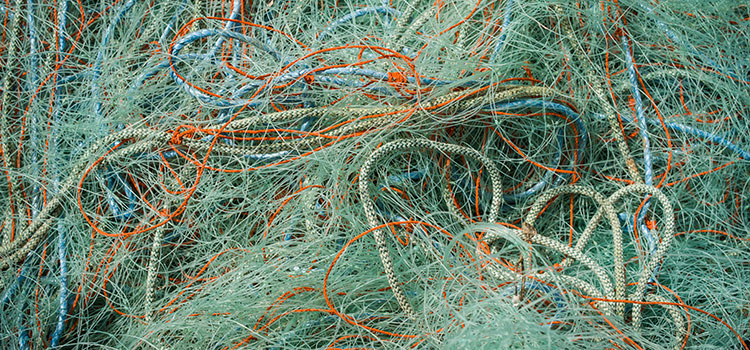
Thanks to the BBC’s recent documentary, the problem of plastic fishing nets has been heightened in the public’s conscience. While alternatives are being sought to reduce the number of sea creatures injured during the equipment’s operation, there is very little activity to reduce the number of low-cost nets being dumped at sea.
The UK is unlikely to make a huge difference by volume, but it could become a world-leader in demonstrating how to deal with this issue.
Tyres
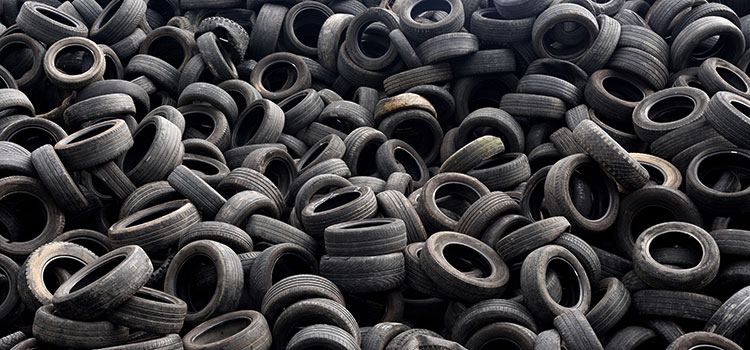
Just last year the Republic of Ireland introduced a new scheme that ensures producers list a visible environmental management cost on all new tyres. At €2.80 per car tyre, it is unlikely to break the bank for consumers and will help finance safe recycling.
In the UK, the Tyre Recovery Association lists plenty of information on how to be a responsible retailer but the truth is that without Extended Producer Responsibility, there is an option to be an irresponsible one. This is high on the agenda in Scotland, with SEPA currently consulting on a sector plan.
The Extended Producer Responsibility system design would likely need to factor in design characteristics because end-of-life disposal is just one part of the problem. Microplastics from tyre wear are a significant contributor to ocean plastic. With the way tyres are currently designed, a significant shift would be required to make an impact on this troubling issue.
Agricultural plastics
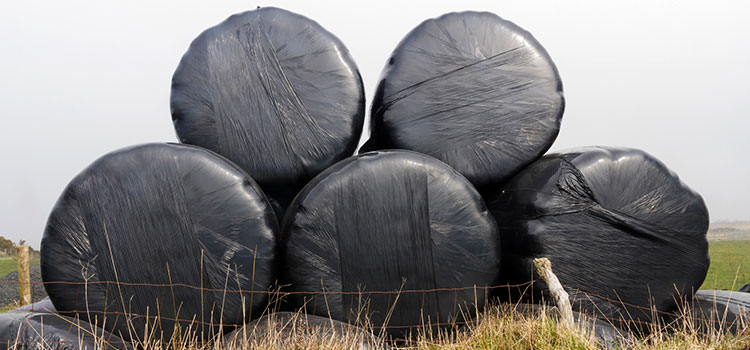
Leading recyclers working in this sector believe that these materials already have a market. But is it performing? Ultimately, there are high percentage levels of contamination associated with this material as plastic is light, but the soil stuck to it is heavy. However, once washed it becomes a high-quality material that can replace virgin plastic.
Farmers may be preoccupied with how Defra intend to help their sector post-CAP (Common Agricultural Policy), but they would be wise to also think about how they can go beyond safe disposal of plastic to look at how recycling levels can be increased.
Paint

This is another sector where voluntary commitments have been laudable. The Community RePaint scheme, sponsored by Dulux and run by Resource Futures, has been around for over 25 years. The best thing about the scheme is that it is not about recycling but rather reuse through repurposing.
Tips for ensuring customers don’t overbuy are useful but the best thing about the scheme is that anyone, whether from home or business, can donate paint at drop off points. Perhaps the only thing mandatory legislation could provide is extra funds from all paint manufacturers to make the scheme even bigger and better.
Chewing gum (and other highly littered items like cigarette stubs)
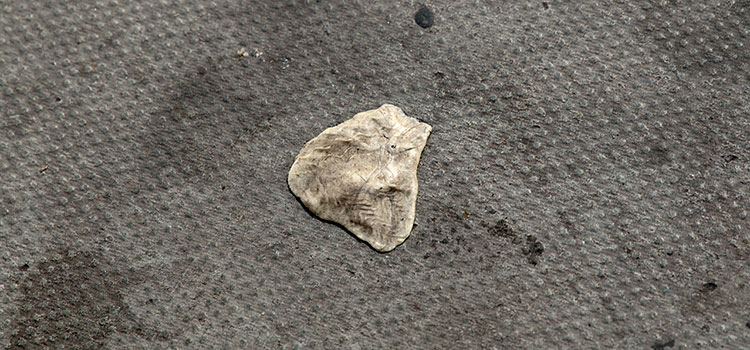
Chewing gum is a major issue for litter awareness organisations and local authorities alike. Zero Waste Scotland estimate that it costs £1.50 to clean up each piece of gum, while the product itself cost just a few pence. Wrigley’s have made valiant attempts over the years to tackle the issue, but ultimately anti-social behaviour is difficult to prevent.
Calderdale Council have introduced £80 spot fines to try and tackle the problem. “Likelihood of littering” appears to be a difficult criterion to add into Extended Producer Responsibility, with cigarette stubs being just as tricky as gum. Voluntary efforts, such as the ballot bin, have demonstrated one solution but it is hard to see exactly where funds derived from producers should actually go to have a meaningful impact on the problem.
Newspapers and pamphlets

There is serious concern that newspapers and pamphlets will be left without an appropriately funded collection infrastructure, once packaging legislation is reformed. Currently, paper and card are collected together by many Local Authorities. Reforms may mean that separate infrastructure is required as packaging producers will not want to fund the collection of these non-packaging materials.
This would make collection systems overly complicated and would not be practical for the majority of the UK’s population. While Extended Producer Responsibility for these extra materials may not be the solution per se, it is clear that UK paper mills will need to come up will a compatible solution or risk being net losers from the Government’s overhaul to UK waste management infrastructure funding.
Food

Food is another resource that may struggle to fit into a changed domestic collection model as a consequence of reforms to Extended Producer Responsibility for packaging. It is hard to imagine farmers and/or supermarkets funding the infrastructure for collecting and composting wasted food.
Just like the littering issue, it is the product’s use that leads to waste being generated. Efforts to extend the lifespan of food, like wrapping cucumbers in plastic, are difficult to regulate and deciding on a fair way to fund organisations, like Fair Share, are difficult to imagine. Perhaps this is one of the waste streams that will need to continue to be funded by taxes, rather than the product user.
A linear economy model
Ultimately, more study into the volumes of each waste stream and resulting environmental harm is required. Regulation that ear-marks funding to directly resolve the end-of-life waste issues are preferable to taxes or incentives, which should only be used to encourage/discourage market behaviour.
Finally, it is worth cautioning that Extended Producer Responsibility does not necessarily mean the “producer” of the product will be the only actor affected. Quite to the contrary, it is likely that any additional costs for recycling will be embedded into the products themselves, and therefore, be paid by the consumer at point of purchase
If this all sounds suspiciously like a linear, rather than circular, economy, you are exactly right. The real impact that Defra could make is to crack how Extended Producer Responsibility is most effectively used to nudge businesses to a more circular model.
We will be reporting on any updates to Extended Producer Responsibility as and when they happen, so watch this space for new developments. In the meantime, if you have questions about how Extended Producer Responsibility could affect your business, please don't hesitate to contact our team.
